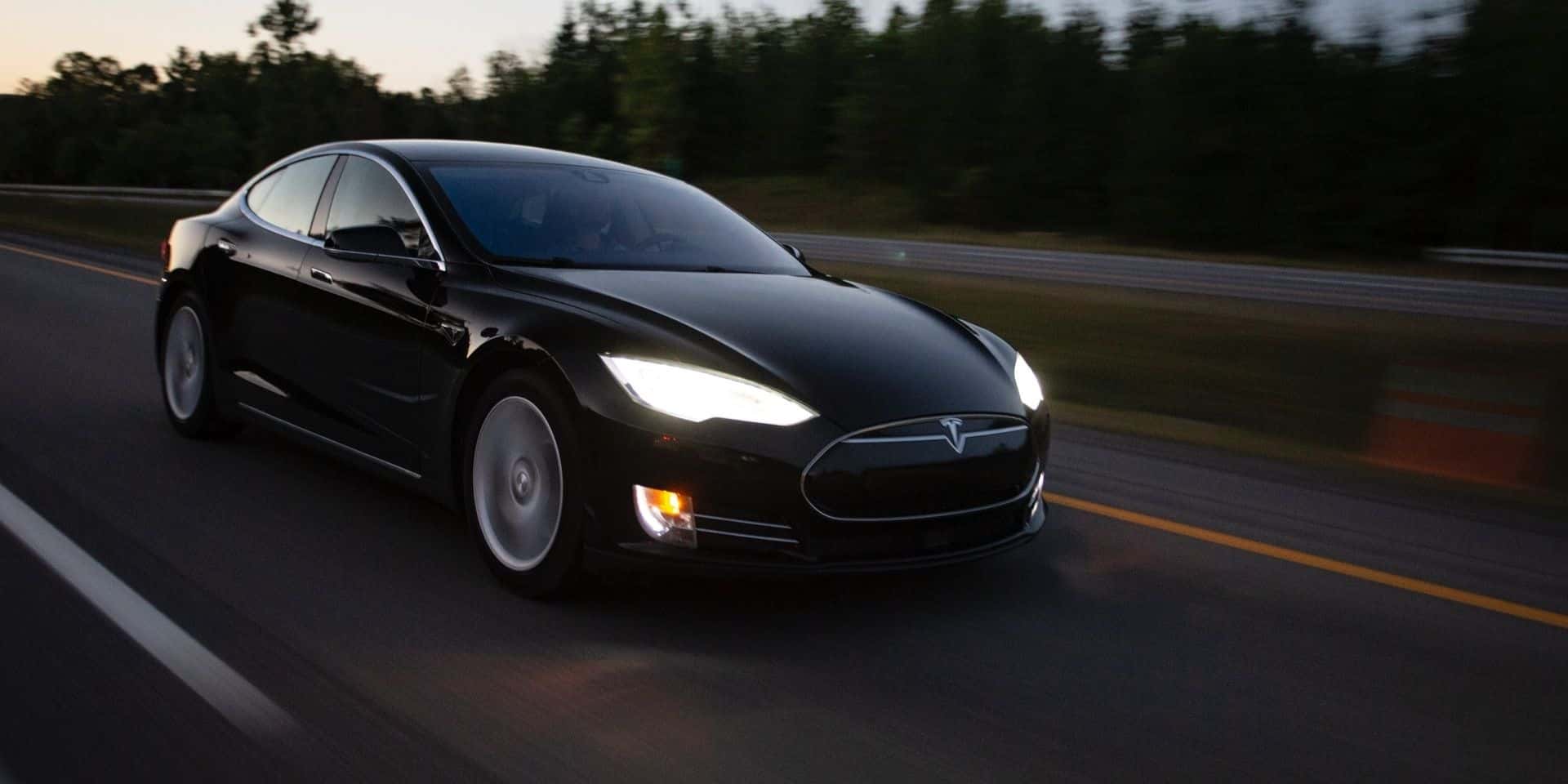
Leasing vs. buying: How to choose between the twoNo Date Posted
From hire purchase contract to personal contract hire agreement, there are now a wealth of finance packages available through which you can acquire your ideal vehicle. However, if you remain unsure whether to opt for enticing monthly leasing payments or to make a down payment and own your vehicle, listed below are some top tips on how to decide between leasing vs. buying your next car:
Scrutinise your vehicle history
Considering your existing vehicle history before investing in your next car can help you choose a finance package that will suit your driving practices. For instance, if you usually retain your vehicles for five years or more then it will prove more financially viable to buy your next car. Alternatively, if you prefer to drive the latest models, a leasing deal will be more cost-effective as you won't have to buy and trade-in vehicles every two to three years.
Work out your budget
When deciding between buying and leasing you should calculate exactly how much money you'll have to spend. As a rule, you'll find the initial costs incurred with leasing a vehicle are lower than buying a car of the same make and model; thereby enabling you to drive a better quality car if you lease. In fact, an Auto Insurance info-graphic revealed that monthly car payments are generally 30% to 60% lower when you lease.
Consequently, before you buy or lease a car; you should extensively research the down payments with buying a car and the monthly payments for leasing a vehicle. By doing so, you can calculate whether you would be able to afford to buy your ideal vehicle or whether a leasing deal would better suit your financial situation.
Assess your average mileage.
Although buying a vehicle enables you to drive as frequently as you like, if you only intend to drive your vehicle a short distance throughout the year, a fixed mileage leasing contract may be more cost-effective for you. As Autograph Contracts state: "Where possible you should calculate accurately the number of miles you'll run up on a yearly basis, before adding some extra just in case of exceeding this. Most lease contracts are priced online at 10,000 or 12,000 miles." By calculating your average mileage before buying or leasing a car you may be surprised to find which option will save you the most money in the long term.
Consider your long term prospects
One of the main benefits of leasing a car; is that you will not have to sell or trade it in when you want another car; simply pay any outstanding end-of-lease costs and return the vehicle. However, by leasing, you will not retain any equity in the vehicle. Subsequently, although cars are notorious for depreciating in value over time, by buying your next car you would be able to retain its cash value to do with as you please. At the end of the day, leasing vs. buying is a debate that ultimately depends upon your particular automotive preferences. If you are enticed by the latest models and wish to reduce your monthly automotive costs, leasing will be ideal for you.
Alternatively, if you have the financial resources than buying your own car could prove to be a reliable, long-term investment. Ultimately, by researching all your available finance options, and considering your personal driving preferences, you can confidently acquire a purchase or lease deal from which you will benefit for many years to come.